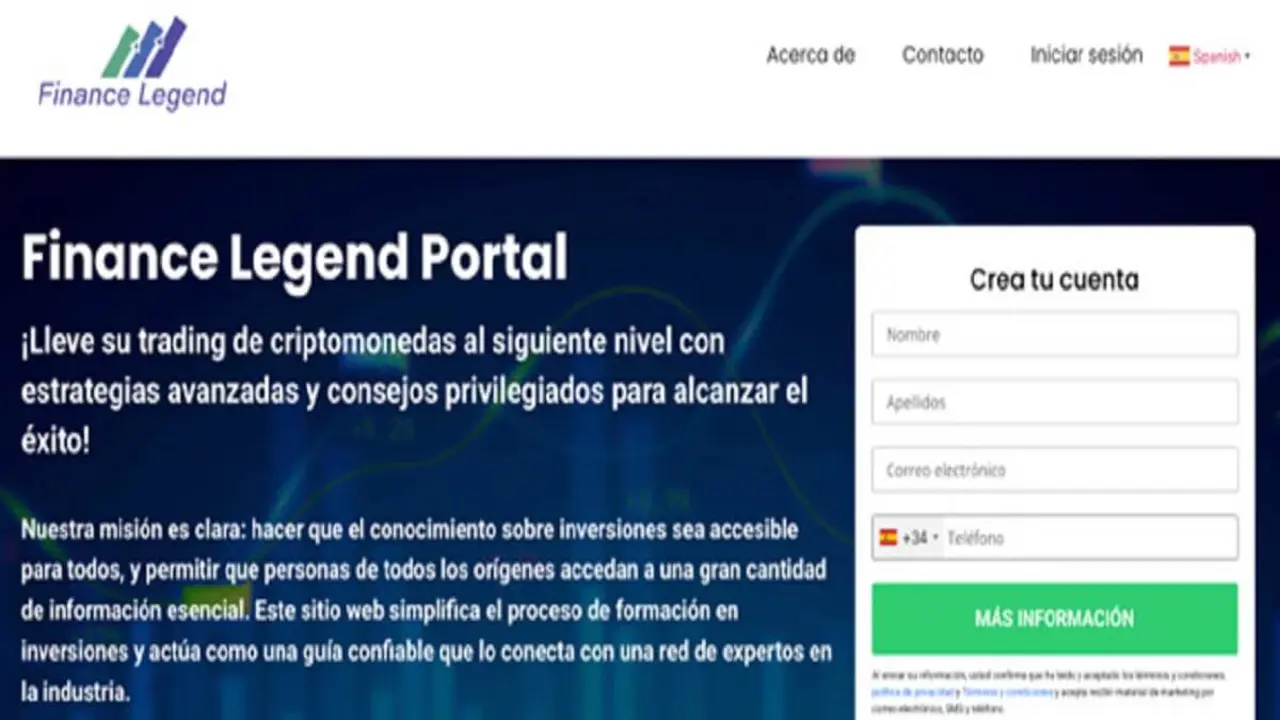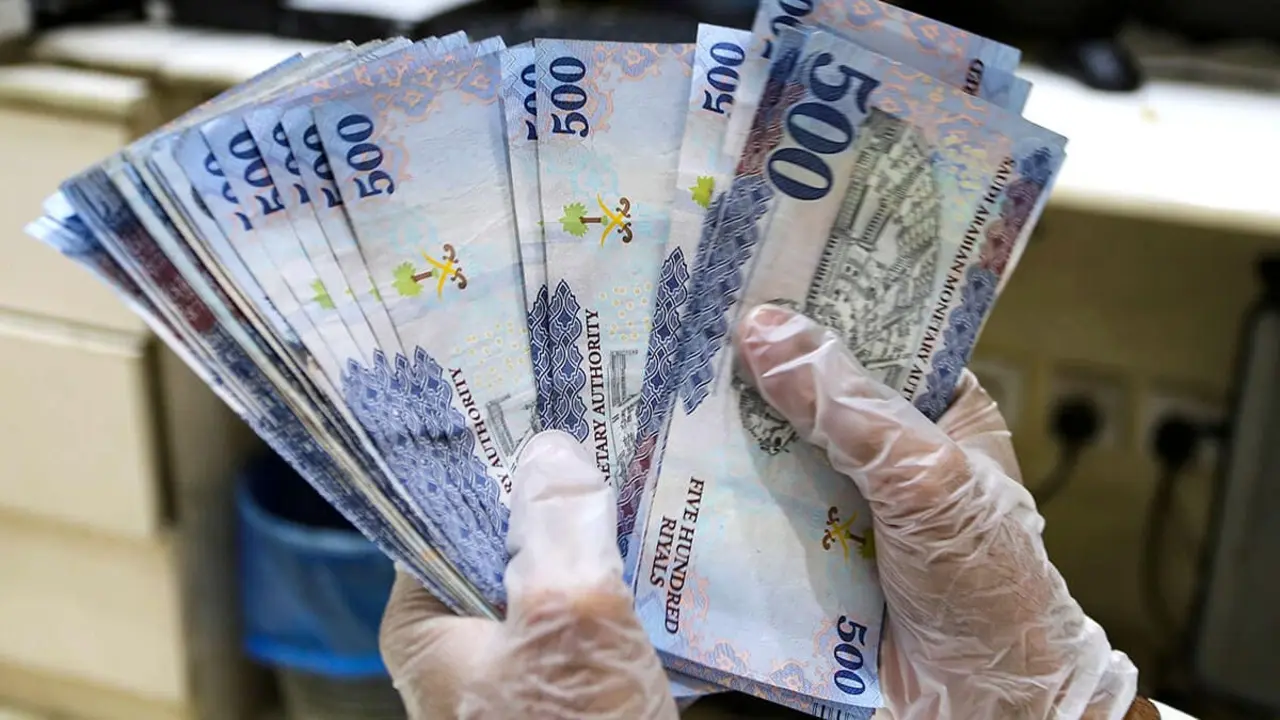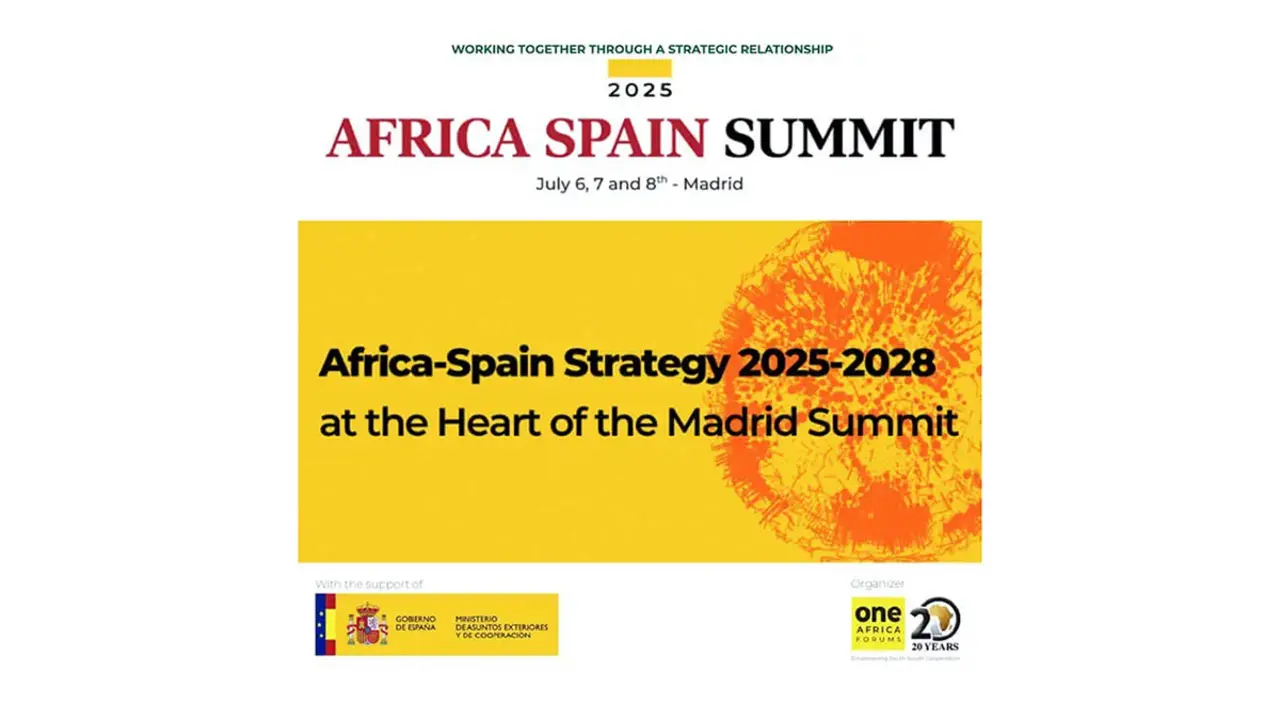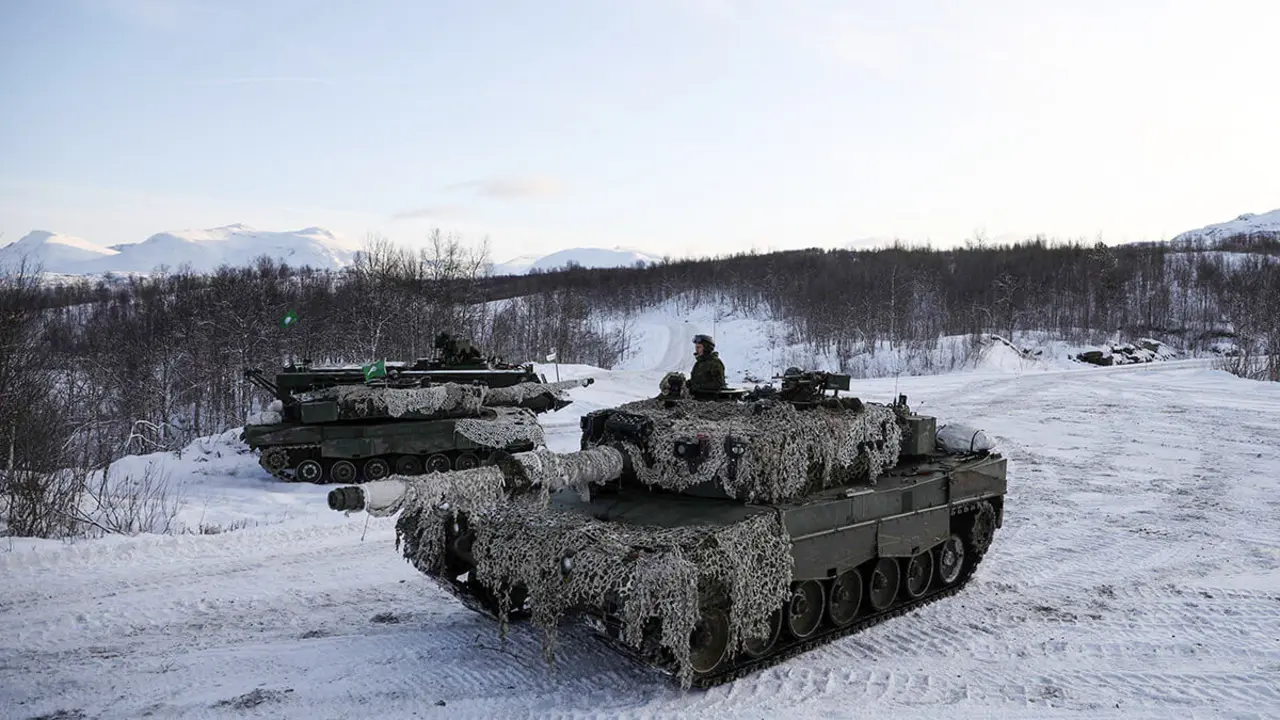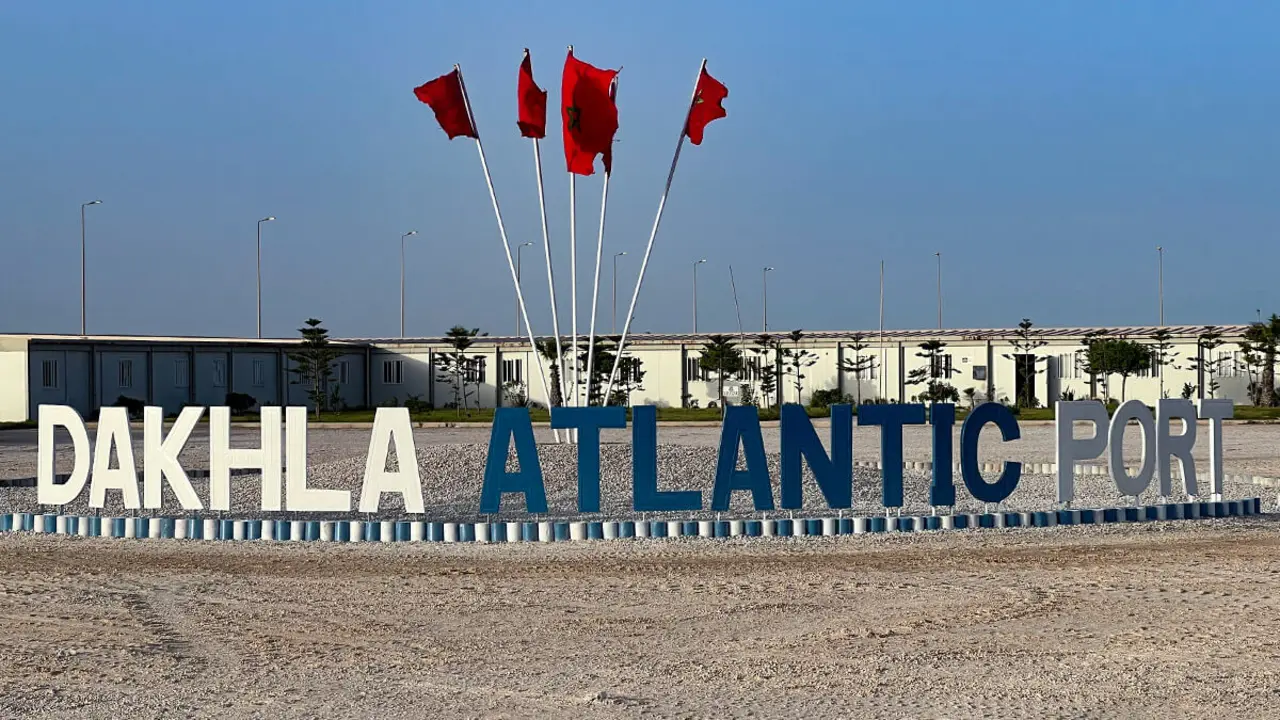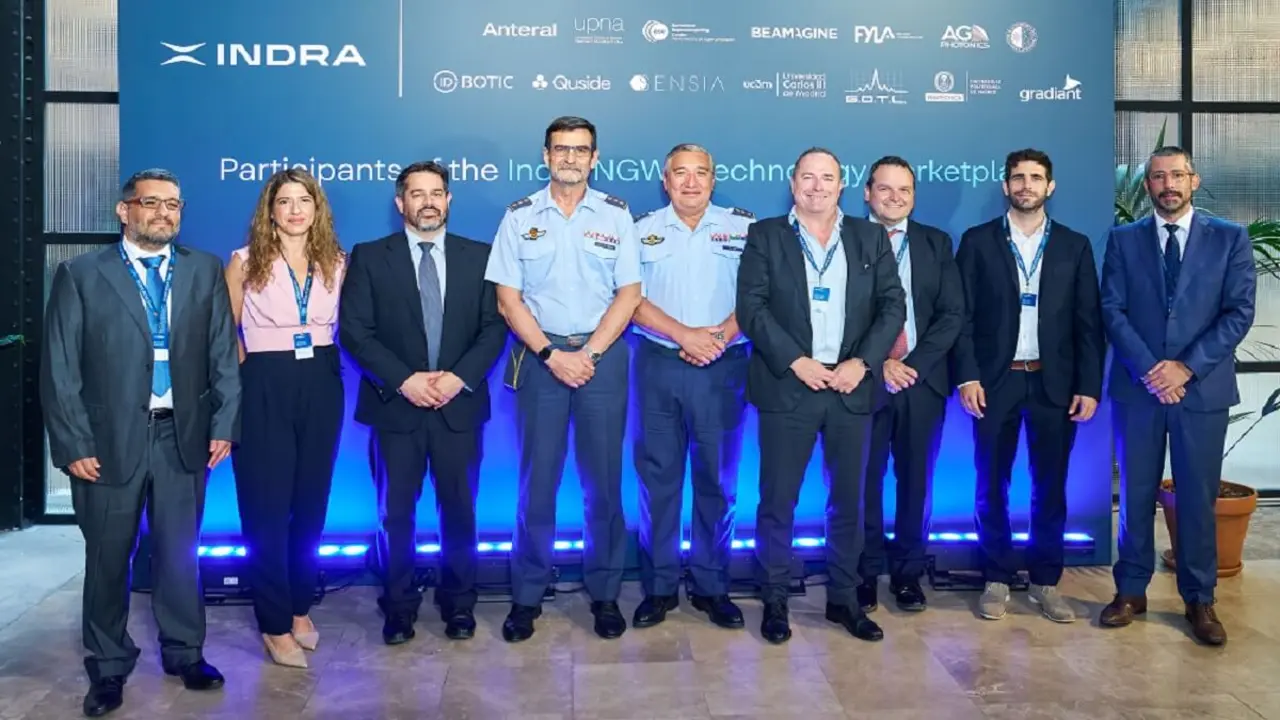Gas prices rise in Europe amid Russia and Norway's supply cuts

On Monday, the price of Dutch natural gas futures for August, the main European benchmark, reached 167 euros per megawatt hour (MWh), the highest price since 8 March. This increase, nearly 200% compared to last month and 500% compared to July 2021, is putting pressure on European economies, severely affected by soaring inflation, which in June reached 8.6% for the eurozone.
After a tough 2020, in which the pandemic hit the European economy hard, there are now fears that, after a 2021 recovery, 2022 will once again be a period of recession. The International Monetary Fund downgraded its growth expectations for the eurozone by 1.1% in April from its January estimates, and a recession in the coming months now looks likely.

"I can't deny that I'm worried about what's coming in the next 12 months," Christian Sewing, Deutsche Bank's chief executive, told a conference of German bankers in Frankfurt on Monday. Meanwhile, Bettina Orlopp, chief financial officer of Commerzbank, Germany's fourth-largest bank, warned that the current economic risks were as great as during the 2012 European debt crisis.
The invasion of Ukraine and the attempted European isolation of the Russian economy have led to a sharp increase in commodity prices, which had already been rising since the second half of 2021, ahead of the post-pandemic resumption of economic activity. The EU plans to wean itself off Russian fossil fuels, and has already taken steps to sharply reduce imports of coal or oil by the end of this year.
Natural gas, however, has proven to be a more tricky issue, given the heavy dependence of several countries, including Germany, on Russian supplies. Before the invasion, the EU received up to 40% of its total natural gas imports from Moscow. Now, the European Commission has announced plans to push for a two-thirds reduction in Russian gas imports by the end of 2022, and a total blockade by 2027, but dependence on this source in several capitals has so far prevented an agreement on this issue.

Russia, for its part, pre-empted European efforts by demanding that all countries it considers "hostile" pay their gas bills in roubles, cutting off supplies to all those that refused to accept the scheme, including Poland, Bulgaria, the Netherlands and Finland. But in recent weeks, Moscow has also been turning off the tap to several countries that did accept this payment scheme.
Since mid-June, Gazprom, Russia's state-owned gas company, has been cutting its exports through the Nord Stream I pipeline, which links Russia to Germany via the Baltic, by 60%, sharply reducing shipments to Berlin, Rome and Paris, among others. The company has also announced that it will shut down supplies through these pipelines between 11 and 21 July, citing maintenance operations, but German Economy Minister Robert Habeck fears that the Kremlin will not turn the tap back on.

On Tuesday, gas deliveries through the Yamal pipeline, which links Russia to Europe via Belarus, were also halted, with Gazprom now shipping just 50% of its natural gas through Ukraine compared to pre-war levels, following the closure of one of the two routes through Ukraine via Kiev. Meanwhile, Russia's other pipeline to Europe, the TurkStream, which reaches the Balkans via the Black Sea, has reduced supplies compared to 2021, particularly due to the blocking of gas exports to Bulgaria.
The share of Russian gas in European imports has fallen rapidly in recent weeks, standing at 31% in April 2022, a sharp drop from 45% at the same time a year earlier, which is likely to increase because of the Kremlin's gas cuts.
Moreover, the European market is experiencing additional disruption these days. On Tuesday, a strike began at Norway's main energy company, Equinor, forcing the Nordic country to reduce its oil and gas production. In 2020, Oslo accounted for 8% of crude oil imports and 21% of EU gas imports, and is a key partner in securing supply in the face of war.

The situation is particularly dramatic for Germany, the Union's largest economy, but heavily dependent on imports of cheap raw materials, of which Russia has for decades been its main source.
"We must prepare ourselves for the fact that this situation will not change in the foreseeable future, in other words, we are facing a historic challenge," said Olaf Scholz, the German chancellor, who warned of a "Lehman Brothers-style" crisis. The bank's collapse in 2008 triggered one of the biggest economic crises in decades, and now Berlin fears a repeat, driven by the energy sector, in a situation that the social democrat politician described as "social dynamite".

Berlin is currently considering a bill that would allow the government to buy stakes in energy companies hit by high prices and impose emergency levies on consumers. The main company rumoured to be in line for a bailout is energy company Uniper, which is close to bankruptcy due to reduced Russian supplies and sharply rising prices.
Paris, for its part, will in the next few days present a law to the Council of Ministers that will give the government broad powers to manage the country's gas storage, including by force. The EU-27 recently agreed on the obligation to fill their gas reserves to 80% by 1 November 2022, currently standing at around 56%.

The EU is also looking to other potential suppliers to replace Russian natural gas, such as the United States, Qatar and Australia, all of which are major liquefied natural gas producers. In June this year, a milestone was reached, with US gas imports surpassing Russian pipeline imports for the first time in history. Moreover, a few weeks ago, Brussels signed a memorandum of understanding with Cairo and Tel Aviv to open the door to gas supplies from these two Mediterranean countries to Europe.
To do so, European countries will have to develop their regasification infrastructure, which is still far from allowing the EU to replace Russian natural gas. There are currently plans for the construction of 20 terminals, but their prospects for completion in the short term, sufficient to be able to rapidly reduce Russian supply, are uncertain, and, according to Bloomberg data, liquefied natural gas would account for 40% of total imports by 2026, double the current level, but still far from being able to replace Russian supply.

